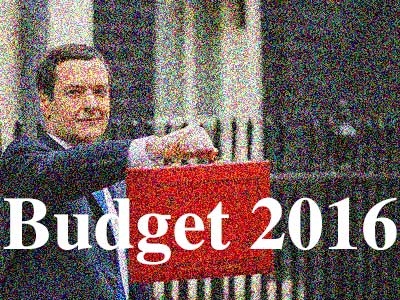Chancellor George Osborne, in an annual Budget ritual, announced a series of measures to crackdown on both large and small tax loopholes.
He made it clear in his Budget today that he would target multi-nationals who try to shift profits overseas to avoid UK tax. He said he would also tackle abuse of so-called personal service companies used by some people, notably celebrities and high earners, to avoid tax by sheltering income behind a company structure.
On large companies, Mr Osborne said that he would make sure “large companies can’t artificially shift profits out of the UK.”
He said that some large companies used excessive interest payments to reduce the tax they pay on their profits in the UK. To tackle this, relief on interest payments will now be capped at 30% of UK earnings, with exceptions for groups with legitimately high interest payments.
He believes that over the next 5 years, the government will raise nearly £8 billion from large companies and multinationals through changes to the rules on interest and other measures.
Other measures include:
• introducing rules to prevent multinational companies avoid paying tax in any of the countries they do business in, so-called “hybrid mismatches”
• taxing outbound royalty payments better – fees for using intellectual property like patents and copyrights – meaning multinationals pay more tax in the UK
• making sure offshore property developers are taxed on their UK profits
• shutting down disguised remuneration schemes
• ensuring that UK tax will be paid on UK property development;
• limiting capital gains tax treatment on performance rewards and
• capping exempt gains in Employee Shareholder Status
In a widely expected crackdown on personal service companies, believed to be used by several million people, public sector organisations will have a new duty to ensure that those working for them pay the correct tax rather than giving a tax advantage to those who choose to contract their work through personal service companies. Loans to participators will also be taxed at 32.5% to prevent tax avoidance.
In a surprise move, he will also increase taxation on redundancy or termination payments. Redundancy payments below £30,000 are tax free but taxed via the income tax system over this limit. From 2018, they will also attract employer national insurance.
According to Mr Osborne, taken altogether, the steps in the Budget to stop tax evasion, prevent tax avoidance and tackle imbalances in the system will raise £12 billion over this Parliament.

